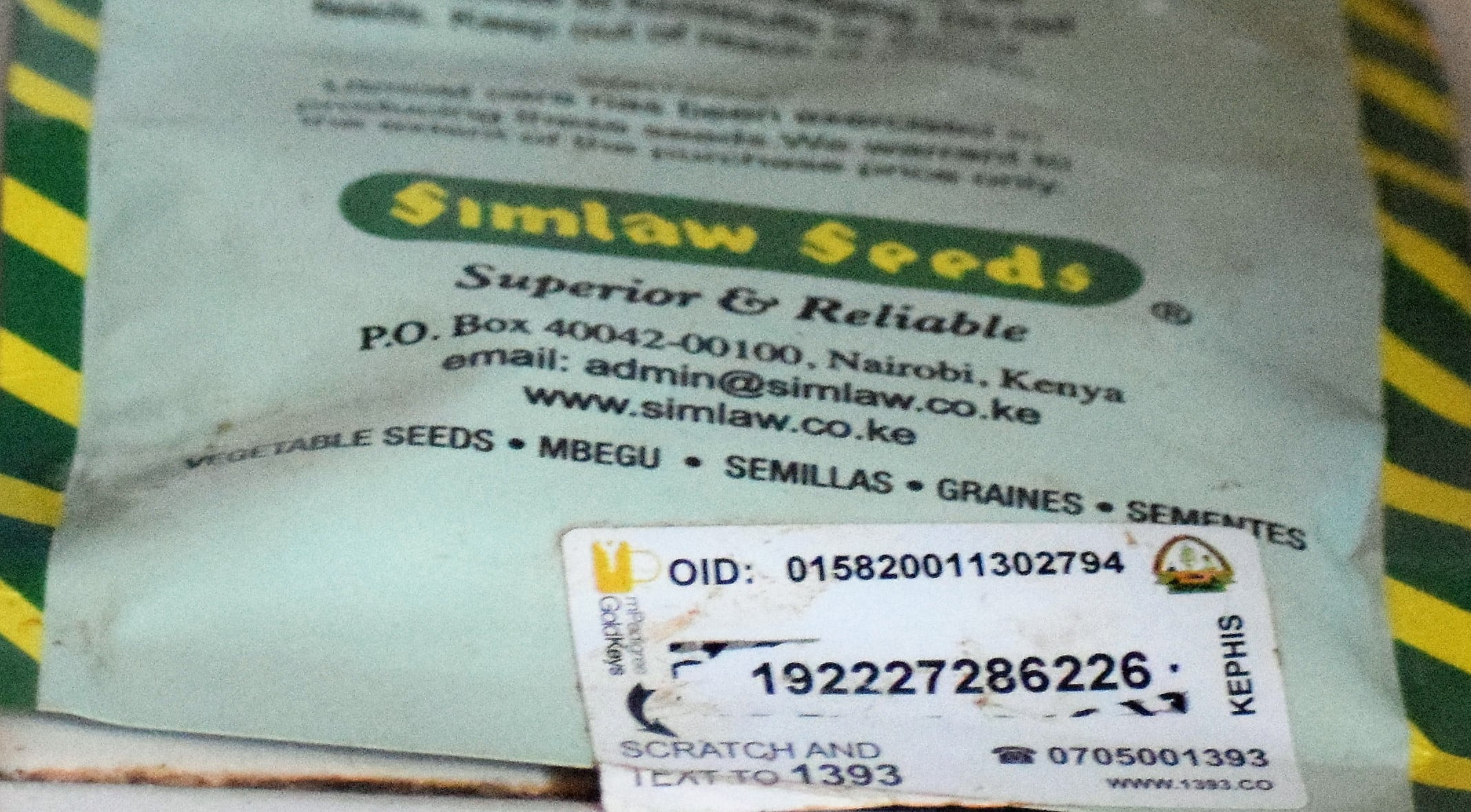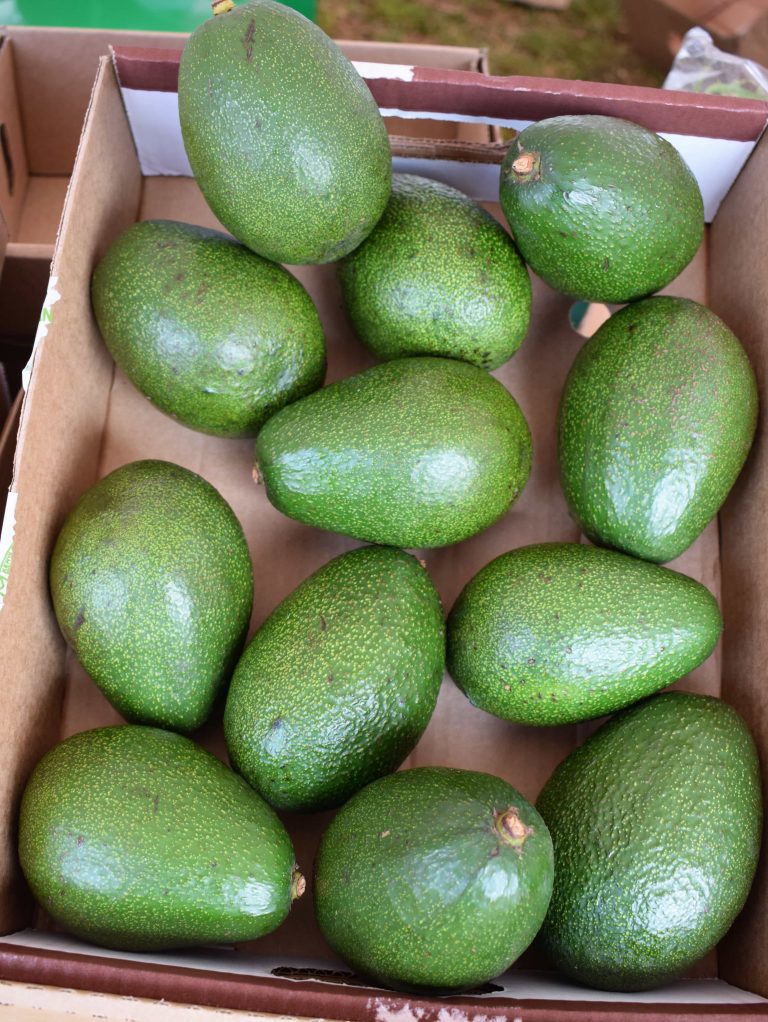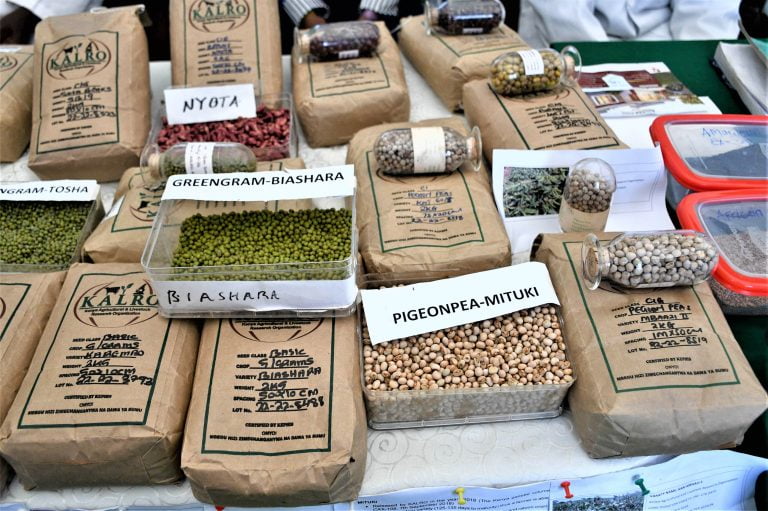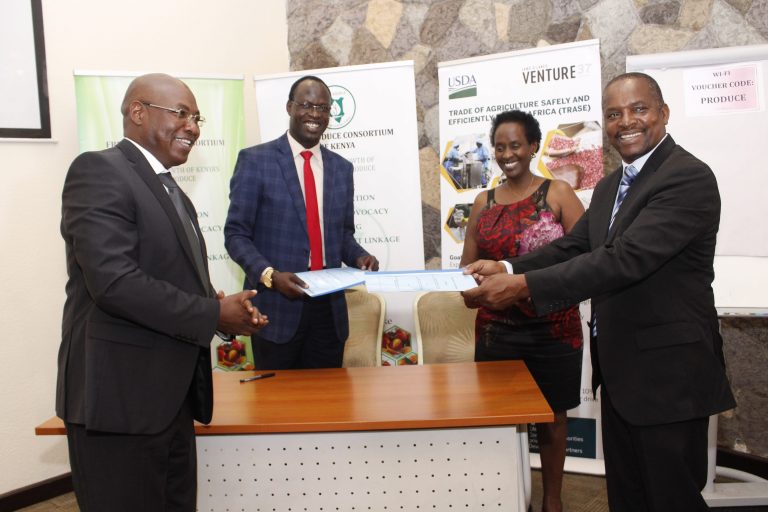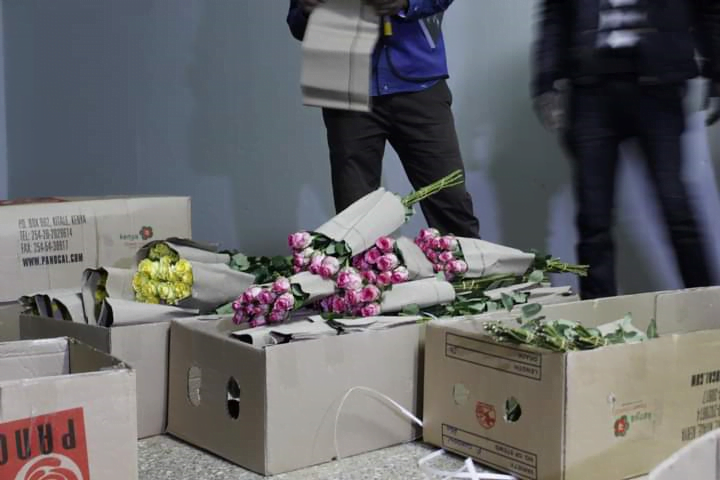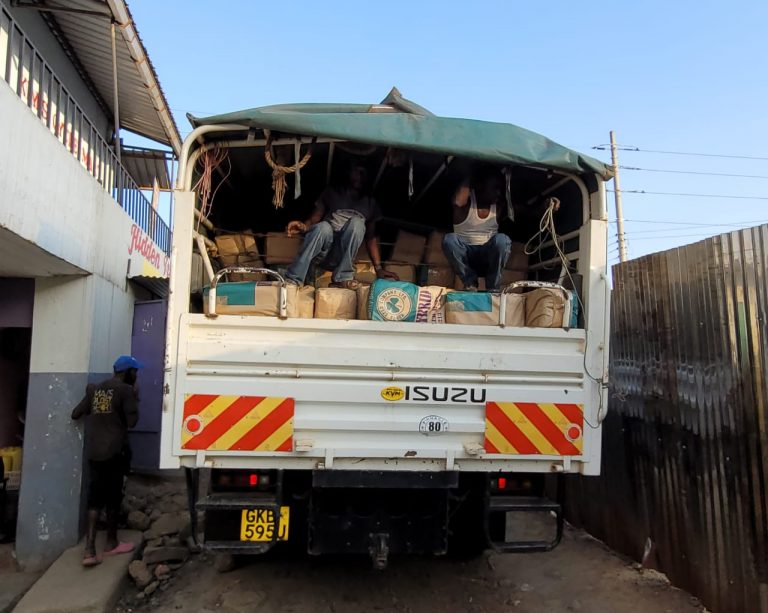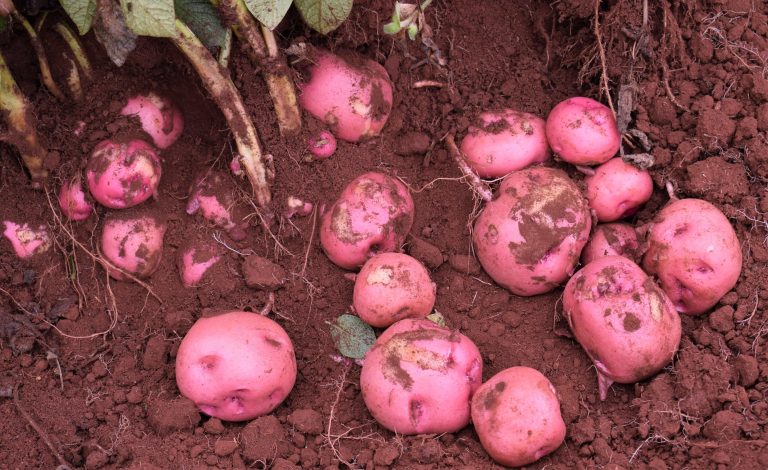Low seed germination rate has been a constant complain from farmers especially the small scale farmers who use the conventional nurseries in their farms. When this happens, they are up in arms accusing the seed company of producing low-quality seeds they had planted.
But a closer look at the issue reveals several factors that contribute to the germination rate of seeds. From the seed company, stockists/agrovets to the farmer, everyone has a role to play which if not properly followed, could lead to poor germination rates or no germination at all.
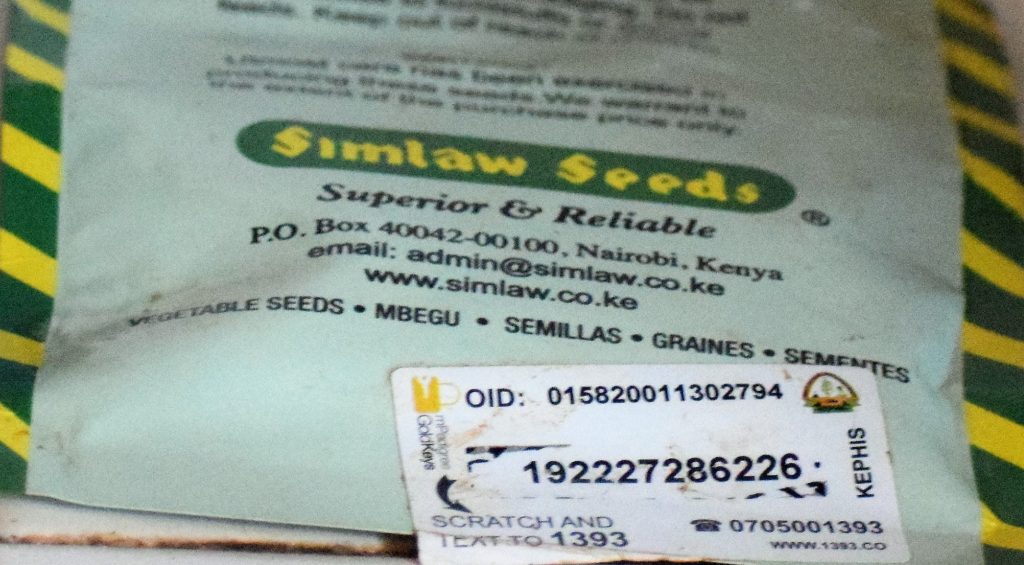
One of the biggest challenges to seed companies is the fake seeds racket which is a multi-million business in the country. Fake seed producers often target the small scale farmer who they assume will not be keen on details. The packaging is so similar to the original one that only a keen observer will notice the difference. In 1992 the seed companies came together and formed the Seed Traders Association of Kenya. The prevalence of fake seeds was so high that it was threatening food security in the country. The association worked with Kenya Plant Health Inspectorate (KEPHIS) and in 2017, the e-sticker was introduced. It is a requirement by KEPHIS to have labels on all seed packets from 1 gram to 5 kilograms. One needs to scratch to reveal a code and send the code to 1393. It is free on all mobile platforms and takes a very short time to get a response. The response gives the variety of the seeds, the company they are from, the lot number and when they were tested by KEPHIS.
Elvis Kiprono the Retail Marketing Officer at Simlaw Seeds says they still encounter a lot of fake seeds despite the checks. The seed company is the latest to come under fire from a cross-section of farmers in social media on the allegations of low germination rates of their seeds. “We recently caught up with a fake seeds producer in Githunguri who had packed fake seeds in Simlaw packets. But the e-sticker was fake and could not be scratched. The case is in court currently,” says Kiprono. While Kiprono says the company works hand in hand with KEPHIS as it is the requirement during seeds production, they are currently looking at the complaints to see where the disconnect could be. “We are working with KEPHIS who are now sampling the seeds in our stores. They will also conduct random tests in agrovets to make sure they are also maintaining the required standards,” adds Kiprono.
While the agrovets play an important role in making sure the seeds reach the farmers, Kiprono says there have been concerns of agrovets which store seeds poorly leading to low germination rates when planted. “Farmers should make sure seeds are stored correctly in the agrovet where they do their purchases. As a seed company, you have minimum control of how your products are stored once you sell to stockists/agrovets,” says Kiprono. KEPHIS is tasked with the responsibility of making sure the agrovets adhere to the requirements. According to Kiprono, some agrovets overstock and seeds stay for a long time there and when a farmer buys them they are already of poor quality. He says seeds with a shelf life of between 1-9 months from the date of packaging are in perfect condition for planting. Simlaw, says Kiprono is currently training their stockists and agrovets on the need to stock as per the farmers’ needs to avoid this.
According to Kiprono, when a complaint arises, the farmer should quote the lot number on the seed packet and where they bought the seeds. “Unfortunately, some farmers throw away the packets and receipts and it becomes hard to handle these complaints. Farmers should also store their seeds correctly and ensure their soils are tested to ensure there are no diseases like bacterial wilt which affects germination,” opines Kiprono.
A farmer also plays a big role in ensuring there is high germination of seeds after purchasing and verifying they are genuine. For a start, some farmers buying a lot of seeds just verify only one packet and assume they are all genuine. It is advisable to verify every packet of seeds bought whether they are genuine.
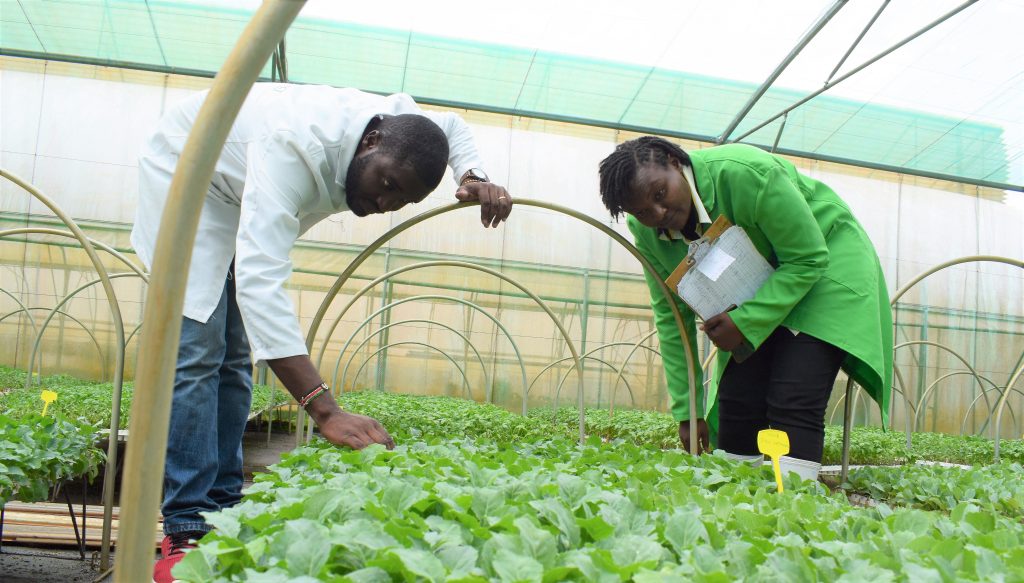
Dr. Joshua Njiru from Growpact seed propagators in Kitale Kenya agrees with this. “A farmer should buy seeds from recognized agrovets or companies and verify they are genuine. From there, the way he/she handles the seeds will have a big impact on their germination. How do you store them? Seeds are sensitive to temperature, light levels, humidity and even oxygen levels. We deal with thousands of seeds daily and if we are not keen on this, it can lead to massive losses,” says Dr. Njiru.
Dr. Njiru says that a farmer should make sure their nurseries are well secured or fenced something most farmers ignore. “Some seeds like those of watermelons are a favourite delicacy to mice and rabbits and if you don’t fence your nursery, they will eat everything. Some seeds also require their dormancy to be broken and if this is not done poor germination or none at all is inevitable. Seeds like capsicum, passion fruit, most nuts, berries and most trees require their dormancy to be broken. Some ways of breaking dormancy in seeds are soaking in water whose duration depends on specific seeds or wrapping them in a moist towel,” adds Dr. Njiru.


